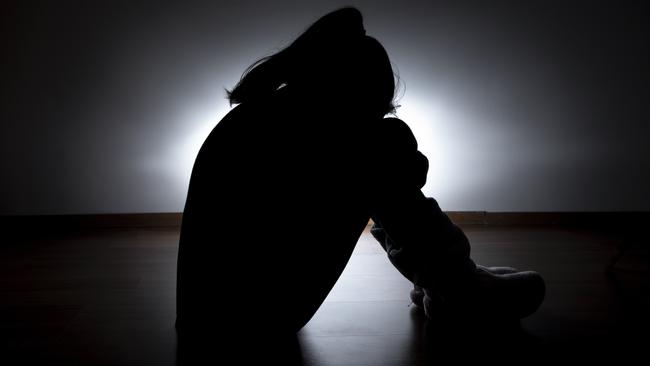Judge slams police over ‘inappropriate’ interviews with children in sex assault case
A judge has slammed NSW Police for ‘leading’ a child victim of sexual assault through her evidence and reducing her brother to tears by ‘effectively cross-examining’ him.

A District Court judge has slammed NSW Police for improperly leading a child victim of sexual assault through her evidence and reducing her brother to tears by “effectively cross-examining” the boy after he failed to provide the information the officer was demanding.
When the girl – aged between five and nine at the time of the alleged offences – was unable to tell police what she alleged occurred, the officer used a diary entry made by the girl a considerable time after the alleged offences to lead her through her evidence.
In a scathing judgment delivered last week, District Court judge Mark Buscombe said “if these are police interviewing practices that have developed in recent times, I, for one, think they are practices that should cease”.
Judge Buscombe voiced his concerns during the sentencing of a 65-year-old man found guilty by a jury of sexual assault and sexual touching of the girl.
The man was also alleged to have shown pornography to the girl, who then told her brother, but was too embarrassed to tell her mother. The brother was interviewed by police but would not answer any questions about the incident.
Judge Buscombe sentenced the man to nine years’ imprisonment with a non-parole period of six years.
At the conclusion of his sentencing, Judge Buscombe said that while not in any way commenting on the veracity of the victim’s evidence, he wanted to record his concern “with how the interviewing police officer led the victim during her police interview, which in effect became her evidence-in-chief”.
The courts accept a recording of a child’s police interview as their evidence-in-chief if they were under 16 years old at the time of their first interview, so they don’t have to face the stress and possible trauma of giving evidence in a courtroom.
“While I understand why special procedures are in place to assist children to give evidence in these difficult cases, in my opinion what occurred during the interview with the victim was not appropriate,” Judge Buscombe said.
“When the child was unable or unwilling to tell the officer what she alleged against the offender, the officer read out a diary entry of the child during the course of the interview and then proceeded to lead the child’s evidence from that diary entry.”
The girl told the officer in her interview she thought she had written the diary entry two weeks prior to the police interview, which was some considerable time after the alleged offences.
“I know of no provision in the Evidence Act 1995 (NSW) or any other statute that permits a witness’s evidence to be adduced in that manner,” Judge Buscombe said.
Under section 32 of the Act, a witness is not allowed to use a document to revive his or her memory except with the permission of the court.
“Clearly the procedure contemplated by s 32 of the Evidence Act was not utilised given there was no court supervision of the interview,” the judge said.
Similarly, he said, the girl’s brother “was effectively cross-examined by the interviewing officer, to the point where the child became teary when he would not provide the officer with information the officer believed the child knew”.
NSW Police did not respond to requests for comment.



